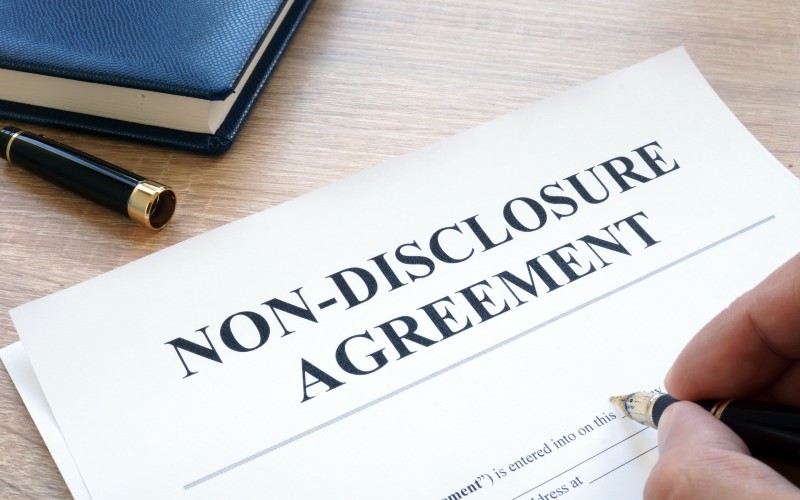
Confidential information is valuable to many organisations but often needs to be shared with third parties including investors, potential collaborators, advisors, and suppliers. Non-disclosure agreements (NDAs) are legally binding contracts that can be used in these situations to govern the sharing and use of confidential information, helping to maintain its confidentiality.
NDAs are quick and relatively low cost to prepare but can be of enormous value to businesses and other organisations, helping to protect potentially valuable information such as client lists, non-patentable know-how, unprotected intellectual property, and trade secrets. Having an NDA in place puts the recipient of the information on notice that they are expected to treat the information as confidential, and allows the discloser to expressly specify what is and is not permitted to be done with their information.
NDAs place a number of obligations on the recipient of confidential information. They typically specify who the recipient may and may not disclose the information to, the purposes for which they can use the information, how they should store the information, and how and when they should destroy or return the information.
If a recipient breaches its obligations under an NDA, it faces potential court action for breach of contract and, depending on the nature of the breach, may also face court action for intellectual property infringement. The discloser will be able to seek an interdict to prevent threatened or future breaches by the recipient and/or a financial award of damages.
Common considerations
- Which party drafted the agreement? As with other contracts, NDAs often favour the interests of the party that drafted them. NDAs received from another party should be reviewed to ensure that the restrictions they contain are appropriate and safeguard both parties’ interests. Disclosers will want to ensure that the restrictions it contains are sufficient to protect their information whereas recipients will typically be more concerned with ensuring that the NDA is not unduly onerous.
- Who is disclosing information? Depending on who is disclosing information, an NDA may protect unilateral disclosures (disclosures made by one party) or mutual disclosures (disclosures made by both parties).
- What type of information should be protected? There are many different interpretations of what constitutes ‘confidential information’ so it is often helpful to expressly define this term on a case-by-case basis with reference to information of certain types or pertaining to certain activities or topics. Where an NDA requires information to be labelled as confidential, the discloser should carefully consider whether that obligation is likely to be complied with in practice.
- What type of information should not be protected? NDAs typically list a number of exceptions to the obligations of confidentiality and non-use but how broadly these should be framed can be a matter of contention. Where one or more parties is a public authority, they should consider whether or not the exceptions are sufficiently broad to permit any disclosures that might be required under the Freedom of Information (Scotland) Act 2002 and the Environmental Information (Scotland) Regulations 2004.
- Why is information being shared? Non-disclosure agreements tend to prevent use of the information outside a specific purpose. The discloser should take care to draft the purpose as narrowly as possible so as to appropriately limit the recipient’s ability to use its information.
- How long should the obligations last? The length of the confidentiality period varies on a case-by-case basis. Where information is due for publication, it is not uncommon for the duration to be relatively short. However, where information is likely to remain confidential and potentially valuable indefinitely, it might be more appropriate for obligations to remain in force in perpetuity.
How can Thorntons assist you with your NDA?
Thorntons has considerable experience drafting and reviewing NDAs, and will be happy to discuss your requirements to ensure that your contracts are appropriately tailored to meet your needs. Contact us on 03330 430350.
